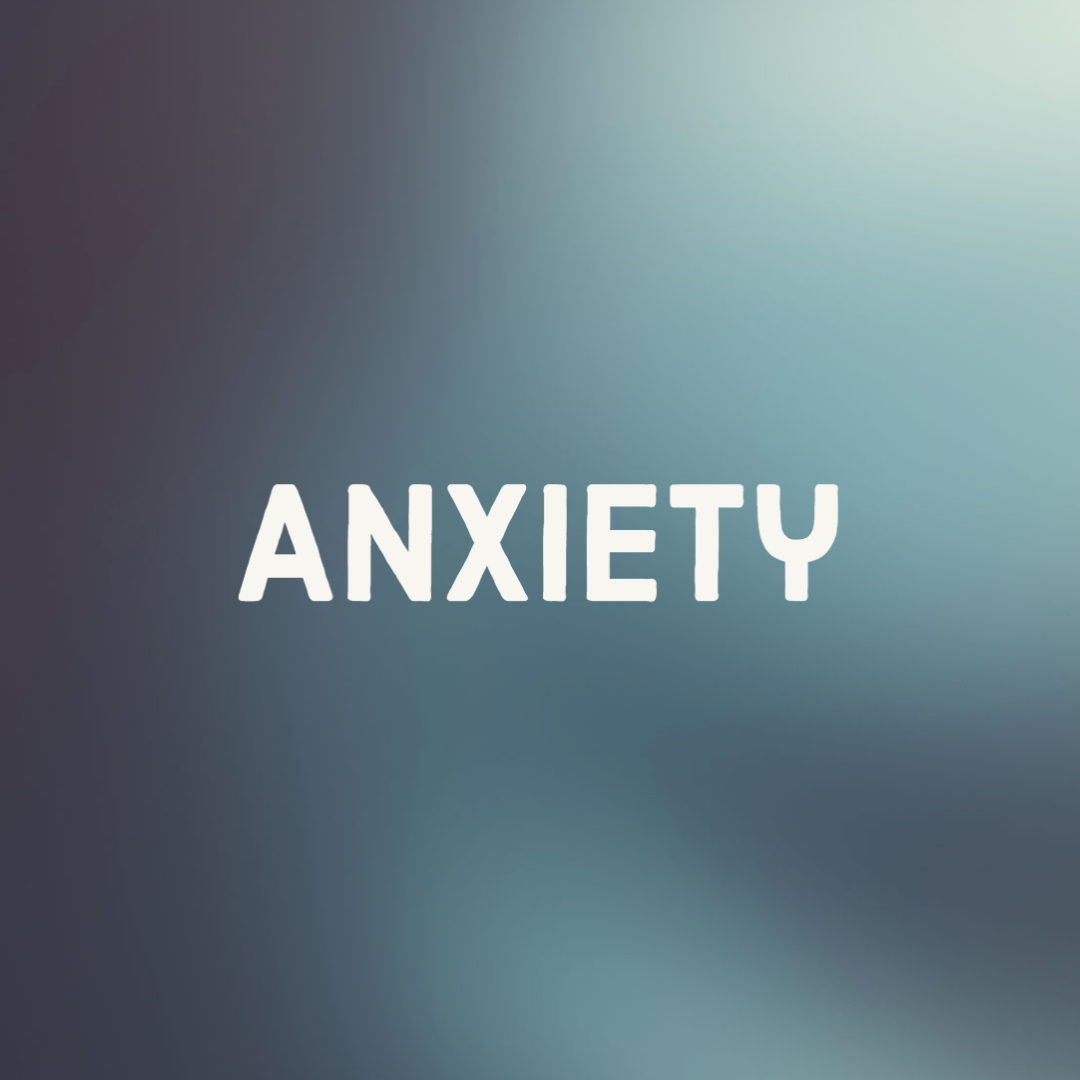Signs and Symptoms of Depression
The signs and symptoms of depression vary by person but for many, these symptoms interfere with day-to-day life. Depression (major depressive disorder or clinical depression) is more than just a rough patch, but rather a serious mental health condition. When left untreated, symptoms of depression can worsen and contribute to further interference.
Depression is one of the most common mental health conditions. NAMI reported that in 2020, at least 8.4% of the U.S. population experienced at least one major depressive episode.
It is important to understand the symptoms of depression so that you can recognize the signs, and get treatment if necessary.
SYMPTOMS
Depression symptoms vary by person and form of depression. Common symptoms include, but are not limited to:
- Trouble concentrating
- Changes in sleep
- Loss of energy
- Lack of interest in activities
- Feelings of guilt
- Hopelessness
- Change of appetite
- Physical aches and pains
- Suicidal thoughts
COMMON Forms OF Depression
- Clinical depression
- Persistent depressive disorder
- Postpartum depression
- Seasonal affective disorder
- Bipolar disorder
TREATMENT AND RESOURCES
- To learn more about the signs and symptoms of depression, as well as treatment options, we recommend contacting your health care provider.
- To read more about depression, the following resources are suggested:
Return to home page: https://nwmind-bodywellness.com/
Read more articles: https://nwmind-bodywellness.com/articles/













